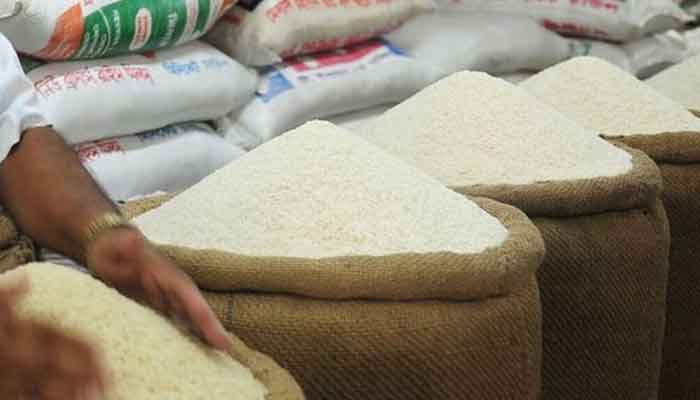Business
Indian exporters fear Pakistan could seize control of basmati rice market

Business
It is anticipated that 150 ships would arrive at Gwadar by the year 2045, allowing the port to handle fifty percent of all imports.
Business
The price of gold in Pakistan has experienced a significant surge.
Business
The government has not met the deadline set by the International Monetary Fund (IMF) for the approval of a $7 billion loan.
-

 Latest News3 days ago
Latest News3 days agoThree sons in Faisalabad kill their father after receiving an inheritance of more than Rs. 500 million.
-

 Latest News2 days ago
Latest News2 days agoGoogle Makes The Decision To Boost Investments And Back The Government’s Youth Skills Training Initiative
-

 Latest News3 days ago
Latest News3 days agoICT Local Government Elections: ECP Postpones Them in ICT
-

 Latest News3 days ago
Latest News3 days agoRemembering the Balochistani Martyrs: The Unmatched Nationalism of the Martyrs’ Families
-

 Latest News3 days ago
Latest News3 days agoFighting the World Drug Problem: Pakistan Demands Increased International Cooperation
-

 Latest News3 days ago
Latest News3 days agoPakistan’s Test rankings fell to their lowest point since 1965.
-

 Latest News3 days ago
Latest News3 days agoAhsan Iqbal Delivers Speech at Event: Reforms and Policy Continuity Are Essential For A Durable Economy
-

 Business3 days ago
Business3 days agoIt is anticipated that 150 ships would arrive at Gwadar by the year 2045, allowing the port to handle fifty percent of all imports.
























